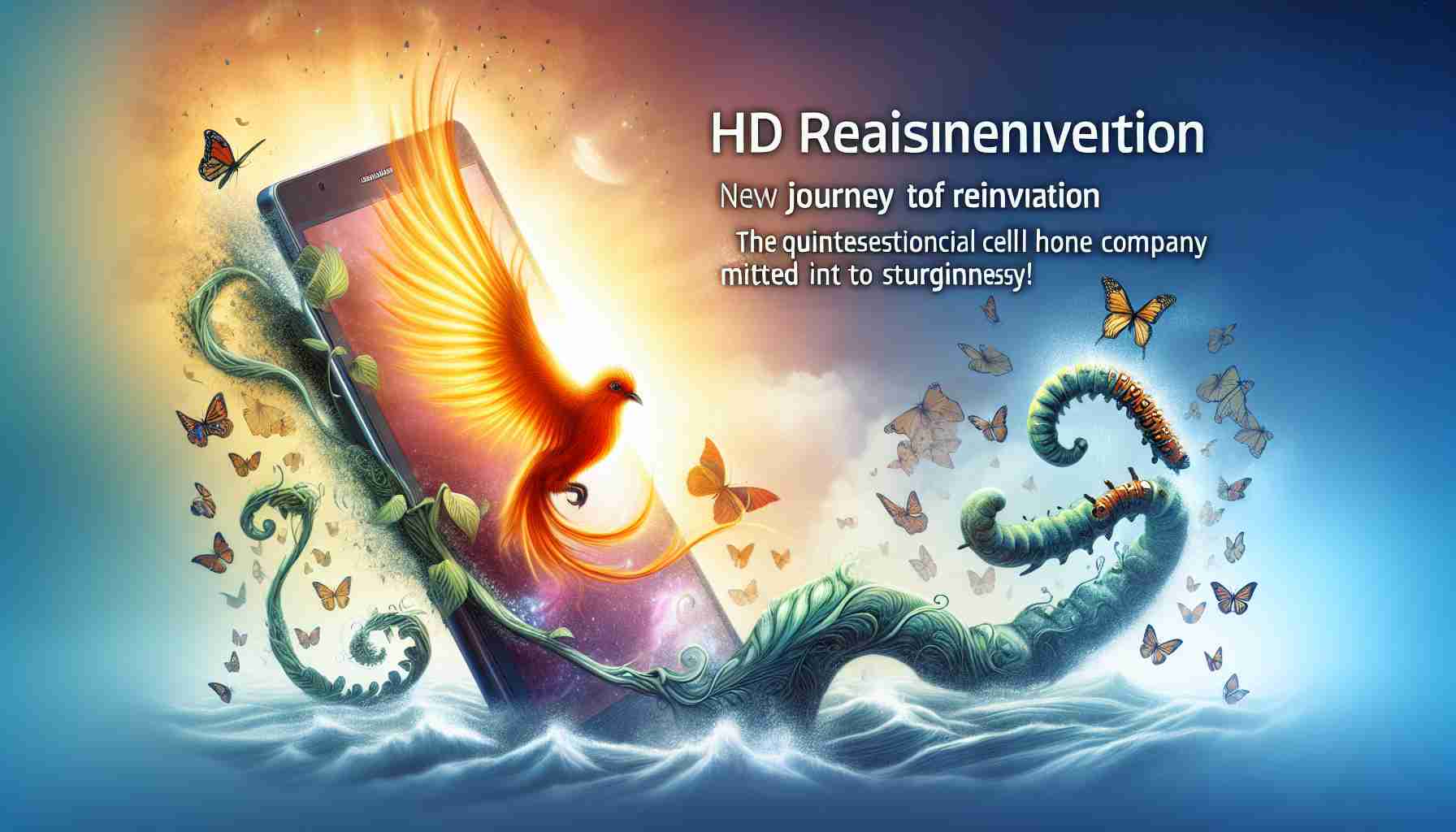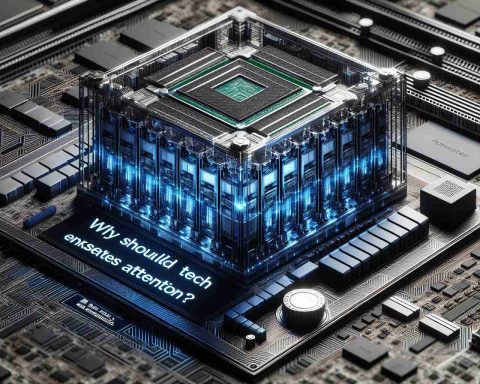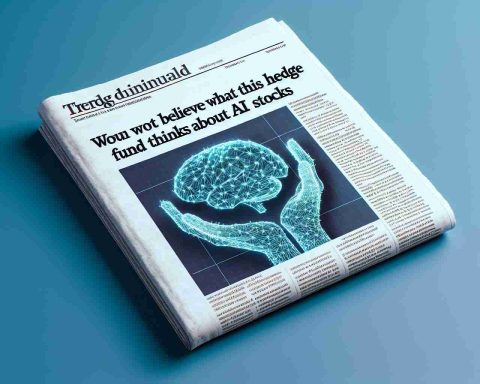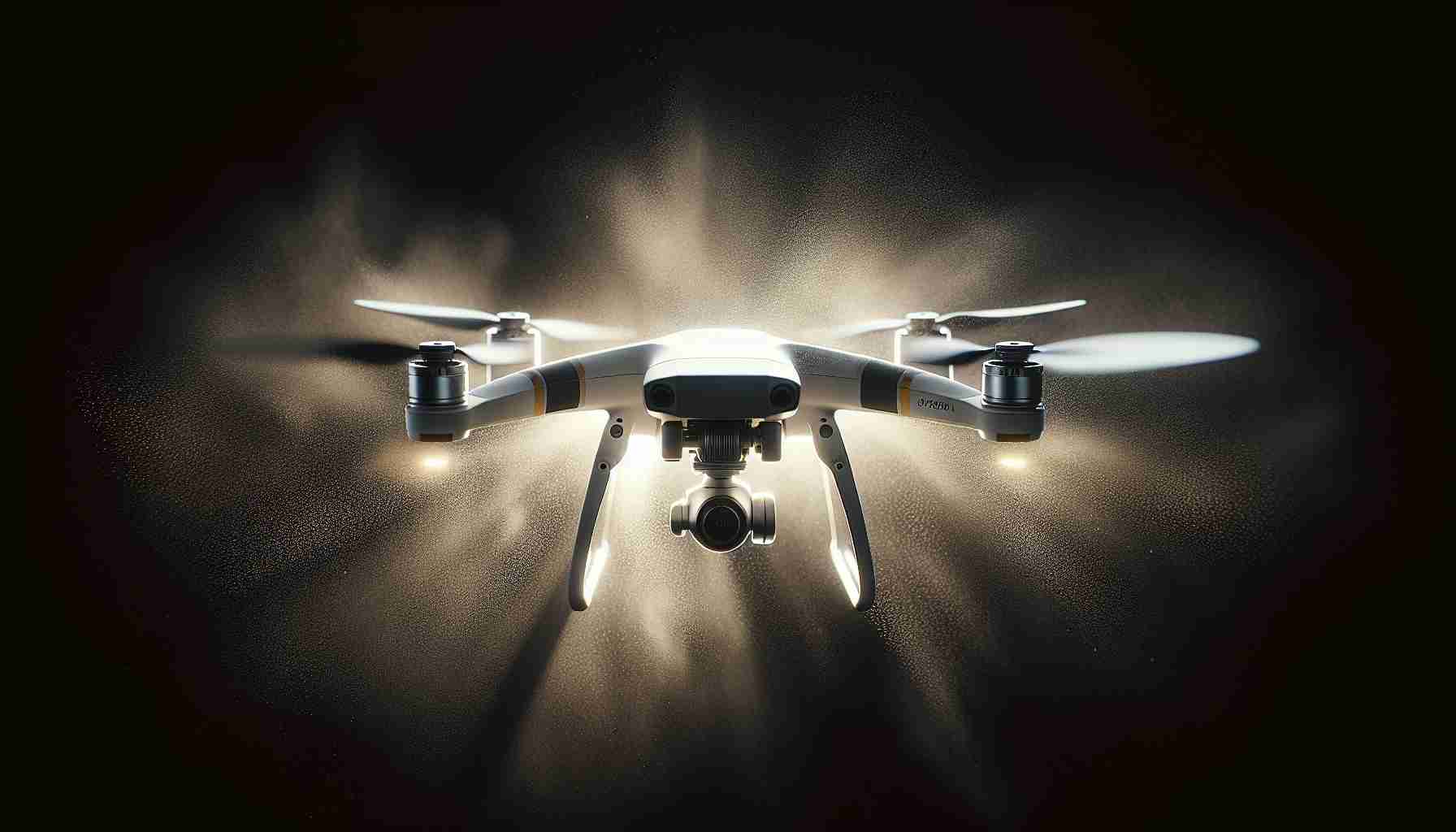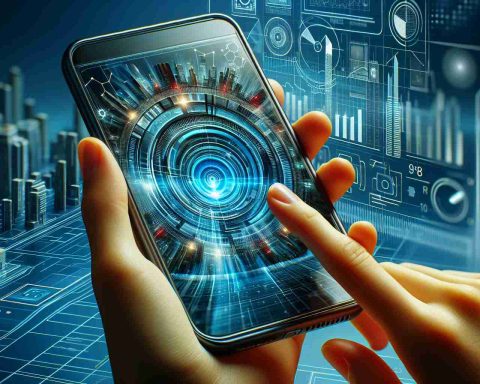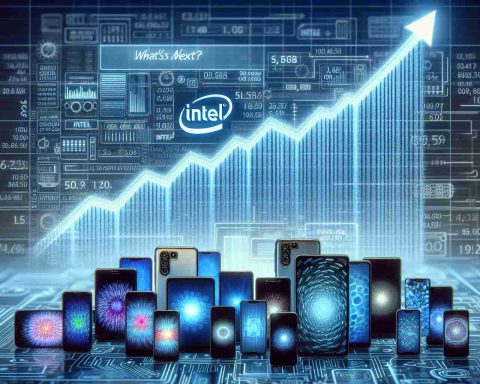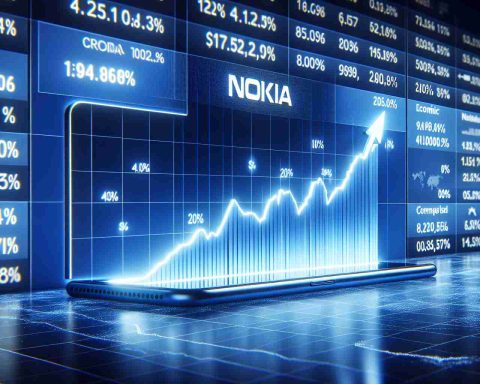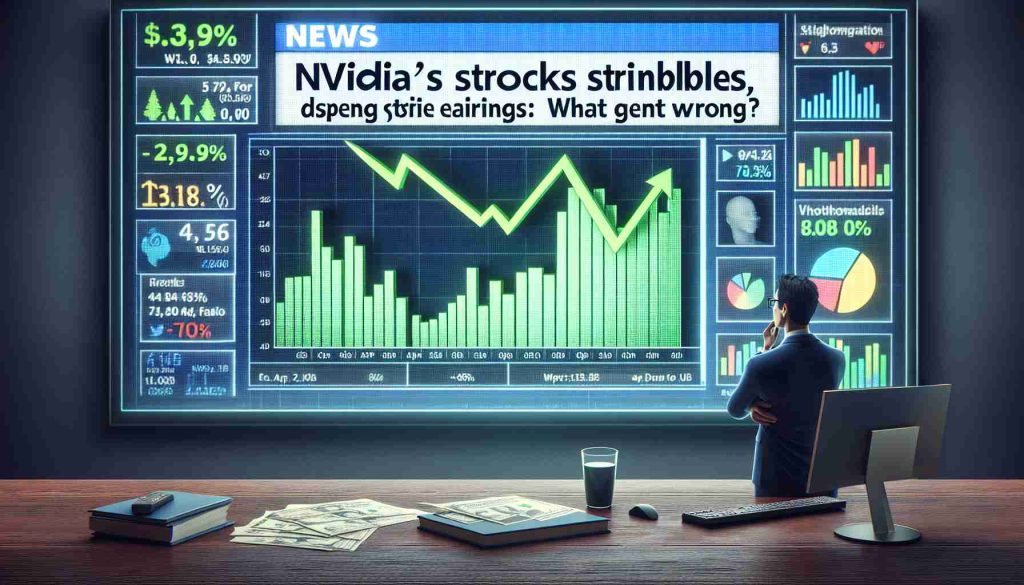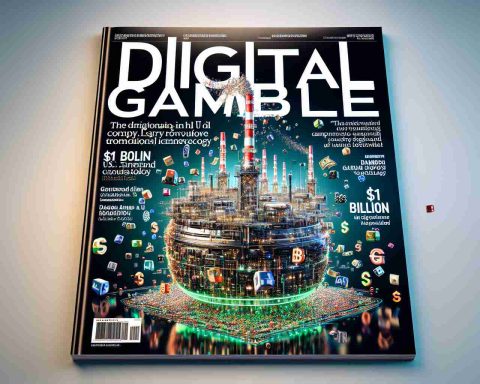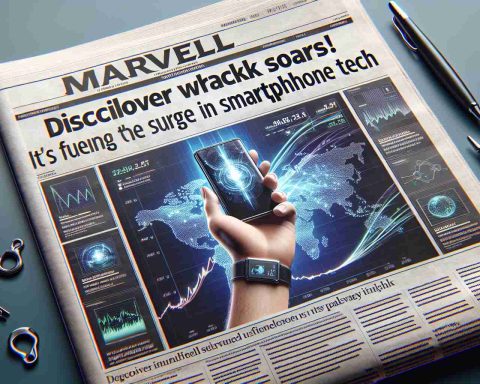Amidst the rapidly evolving landscape of smartphone technology, Nokia is quietly charting a revolutionary course, seemingly unperturbed by the hyper-competitive arena. Once a giant in the mobile phone industry, Nokia is making strides toward reinvention with its focus on the burgeoning field of 6G technology. This pivot positions the brand at the forefront of next-generation connectivity solutions.
The Beacon of 6G Technology
In alignment with its storied history of innovation, Nokia is investing heavily in research and development for 6G infrastructure. As telecommunications standards advance, the journey from 5G to 6G is expected to bring transformative changes across industries. Nokia’s active role in this transition underscores its ambition to be a leader instead of a follower.
Sustainability as a Core Principle
Nokia’s forward-looking approach also strongly emphasizes sustainability, reflecting global environmental concerns. The company plans to integrate greener technologies across its product lineup, from production to end-user experience. This commitment serves not only as a differentiating factor but also resonates with a growing cohort of environmentally conscious consumers.
A Promise of Durable Innovation
By combining future-focused technological advancements with robust, sustainable practices, Nokia promises a unique consumer experience. This bold strategy not only signals a shift in market positioning but also underscores Nokia’s commitment to reclaiming its position as a dominant force in the telecommunications universe.
As Nokia embarks on this transformative journey, its decisions will potentially reshape mobile technology’s future landscape and redefine what users expect from their smart devices.
Can Nokia’s 6G Revolution Truly Save the Planet?
While Nokia’s ambitious roadmap to leading the 6G technology innovation wave makes headlines, it prompts critical discourse on its implications and realistic outcomes. A fundamental question emerges: What does 6G mean for the average consumer, and is Nokia’s focus on sustainability a game-changer or a marketing blurb?
Impact on Daily Lives
The potential of 6G technology surpasses mere speed enhancements; it promises to connect a myriad of devices seamlessly, ushering in the era of the Internet of Everything (IoE). For consumers, this could translate into smarter, more interconnected homes and workplaces, enhancing efficiencies and convenience. Yet, there remains uncertainty about accessibility and affordability of such advancements for all socioeconomic classes.
Economic and Social Ripple Effects
Communities globally could witness substantial economic transformations driven by 6G-enabled innovations. Sectors ranging from healthcare to transportation might experience increased automation and efficiency. However, this shift could exacerbate existing digital divides, disadvantaging regions lacking adequate infrastructure.
Balancing Sustainability with Technological Growth
Nokia’s emphasis on sustainable practices within its 6G rollout is undeniably appealing. Yet, critics question how effectively the company can balance aggressive tech advancements with minimized ecological footprints. The risk of e-waste and energy consumption continues to shadow leaps in technology.
Is the Future Green?
The controversy isn’t just whether Nokia can lead the technological charge, but whether it can spearhead a greener future. The challenge entails convincing consumers and stakeholders that tech giants can be champions of sustainable growth.
Intrigued? Explore more on 6G developments and their global impact at Nokia’s official site.

